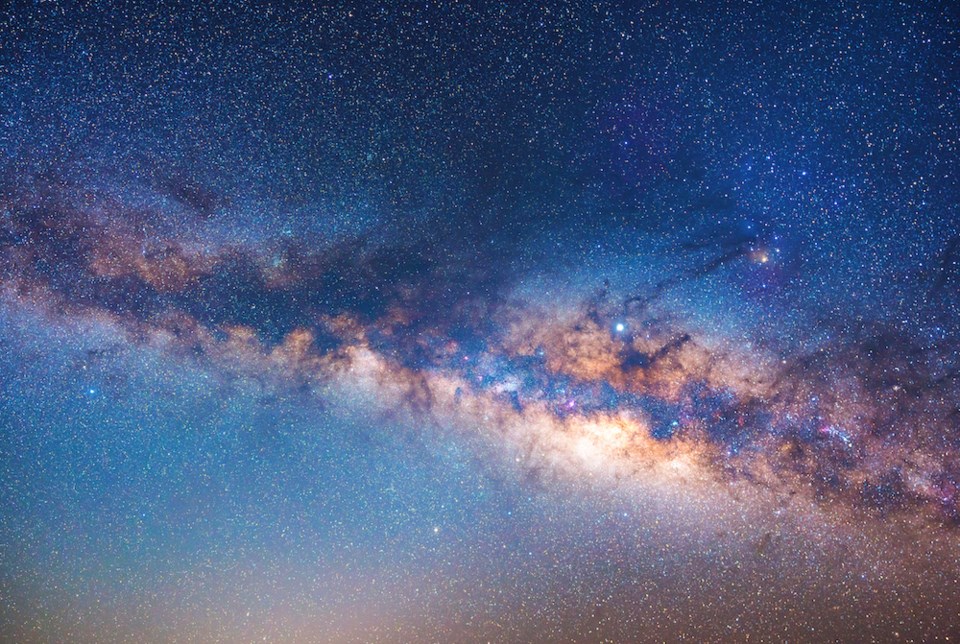What do we call the stars? An opportunity to learn traditional names for constellations, planets and other celestial bodies is coming to Sechelt this week.
The Sunshine Coast Astronomy Club will be hosting: “Reconstructing Salish Asterisms through Ethnography Across the Northwest: ‘The Canoe,’ ‘Cast away Children,’ and ‘Camas Baking Pit,’” at the Sechelt public library on Friday, Dec. 8, at 7 p.m.
Dr. Shandin Pete, an assistant professor in UBC’s earth, ocean, and atmospheric sciences department, has worked on reconstructing Salish asterisms using ethnographic evidence from Salish-speaking communities across the Northwest for the past few years.
Attendees will learn traditional names for well-known constellations and hear about cultural traditions of the Salish people.
Pete’s UBC profile states that his research focuses on providing a greater understanding of traditional perceptions of astronomy and how it was operationalized historically to shape temporal thought on economic, social, and spiritual activities.
Charles Ennis, director at large of the Royal Astronomical Society of Canada Sunshine Coast Centre (RASC SCC) explained that constellations became universally standardized by the International Astronomical Union in 1922, and that before that many different nations around the globe had their own star charts that were specific to them.
“It was impossible to share scientific information between nations because everyone was using different maps and skies which had developed over thousands of years,” he said.
Ennis said his group was inspired by the Halifax RASC center that did similar work with the Mi'kmaq Nation, helping them “rediscover their sky.”
“This is a big step in the direction of healing because it's a matter of recognizing that they had a different perspective, and it's a valuable perspective that overlaps ours,” Ennis said.
Those unable to attend the event will be able to watch live on YouTube. The presentation will also be recorded and posted on the Astronomy Club’s website.
Jordan Copp is the Coast Reporter’s civic and Indigenous affairs reporter. This reporting beat is made possible by the Local Journalism Initiative.



